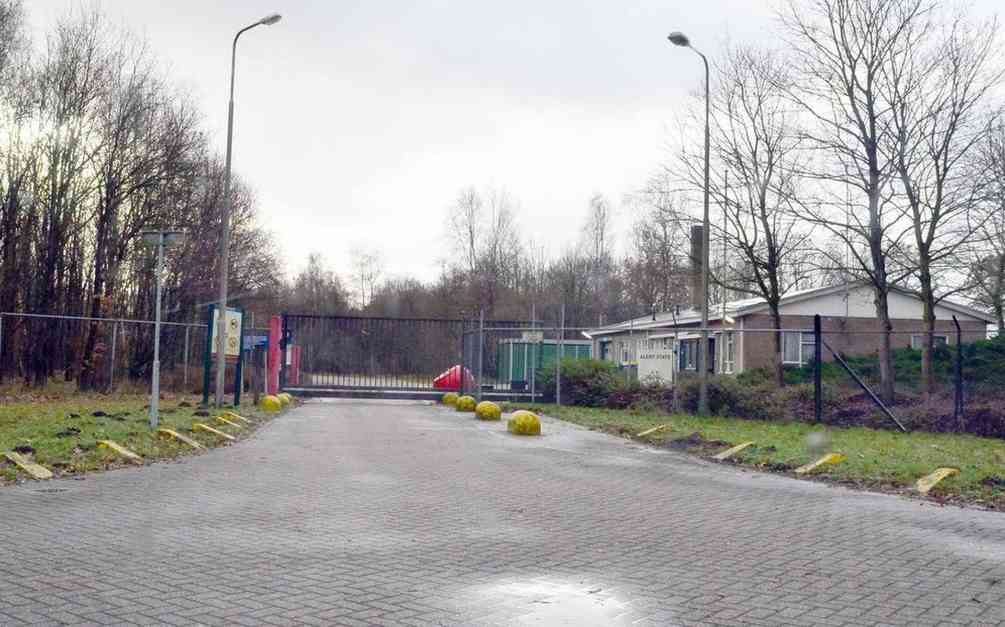Spain is one of the countries of the developed world and, probably, in the world that spends in so-called ‘ pensions, that is to say, the widow’s and orphan’s pensions. Assumes each year more than 20,000 million euros, an amount that is around 2.2% of GDP. Among the OECD countries alone will surpass Greece and Spain, with data from 2014, which has taken the think tank of the most developed countries of the world for his report Pension Outlook 2018.
Measured with respect to the expenditure on GDP, only Italy and Greece made an outlay higher than that of Spain, since both exceed 2.5% of the GDP. Below is listed Denmark, just at the threshold of 2% of the size of the economy of this country, where these benefits are financed with private funds. In the whole of the OECD, the expenditure is around 1%.
Other data that puts it on the table, the club of industrialized countries is that Spain has the ratio of widow’s pensions higher for every 100 of retirement, Mobilbahis almost 50. Below are located in Turkey and Lithuania.
at The beginning of the discussions for the renewal of the Toledo Pact in this edition, the previous Government and, also, CC, OO put it on the table the possibility that these benefits are financed by taxes. Other, PdeCAT, went further and called for a reflection on if they had any sense in your current design. Also what does the secretary of State for Social Security current, Octavio Granado, in his last interventions, although there are no proposals about what to do with them.
The concept behind around these reflections is that the labour market is not the same as that of the years 60, when it defined a good part of the benefits that Social Security pays now. To put it another way, then women are entering the labour market, and although they continue to have activity and employment rates lower than those of men, are close to them, and that provision designed decades ago to ensure a level of minimum of life for those women whose husband passed away soon should change.
The OECD itself that has taken the step of asking for changes in the regulation. And asks that the benefits are temporary and are not available for “help to adapt to the new situation”.




















